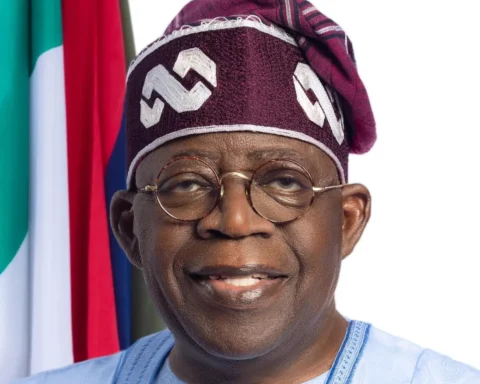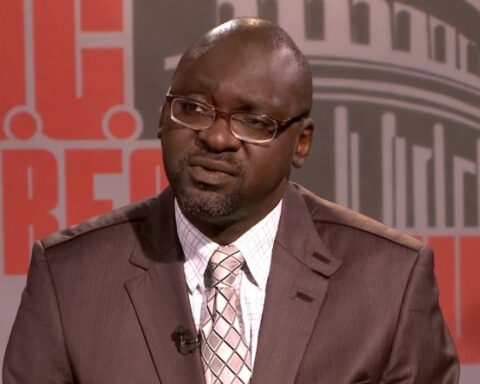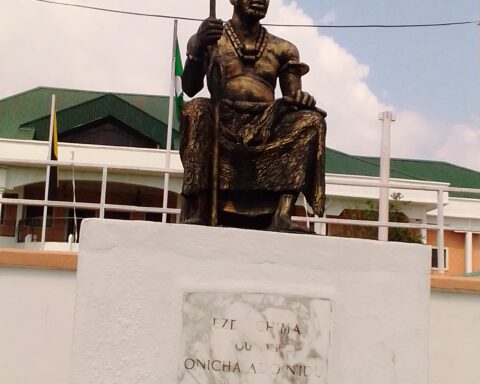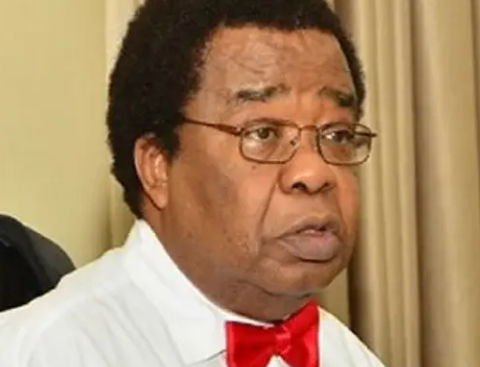By Chidi Anselm Odinkalu
“Sovereignty belongs to the people of Nigeria from whom government through this Constitution derives all its powers and authority.” Section 14(2), Constitution of the Federal Republic of Nigeria, 1999.
In 2007, the contest to rule Nigeria was between two sons of Katsina State. From the Katsina Emirate, Umaru Musa Yar’Adua ran on the ticket of the then ruling Peoples’ Democratic Party (PDP) to succeed outgoing president, Olusegun Obasanjo. His elder brother, Shehu, had served as Obasanjo’s second-in-command during military rule from February 1976 to October 1979. From the Daura Emirate, also in Katsina State, Muhammadu Buhari who also served alongside Obasanjo and Shehu Musa Yar’Adua in that military government, was the leading opposition candidate on the platform of the All Nigeria Peoples’ Party (ANPP).
The Independent National Electoral Commission (INEC) announced Umaru Musa Yar’Adua as winner and Muhammadu Buhari lodged a petition to challenge the declaration. After a prolonged period of litigation, the Supreme Court handed down its decision on 12 December 2008 by a narrow majority dismissing Muhammadu Buhari’s petition.
Of the many things pronounced upon by the court, two stood out. One was its refusal to affirm any set of principles to govern the conduct of elections in Nigeria. The other was the formal pronouncement in the leading judgment of Niki Tobi that in elections in the country, “the judges must be the final bus-stop.” A report on election dispute resolution in Nigeria published earlier this year by the Policy and Legislative Advocacy Centre (PLAC) reinforced this, declaring that the electoral process in Nigeria has now been formally relocated “from ballot to the courts.”
Follow us on all social media platforms @dailyquery for news and analyses around the globe.



























